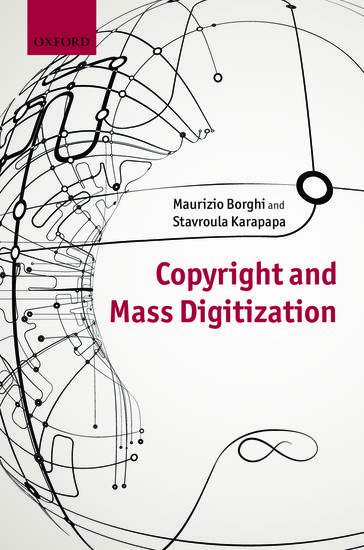Gus Van Harten on investor-state arbitration
What is investor-state arbitration? And how does it impact upon people’s lives? Today, we present a Q&A with Gus Van Harten, author of Sovereign Choices and Sovereign Constraints, where he explains the fundamentals of investor-state arbitration and its place in international law.










